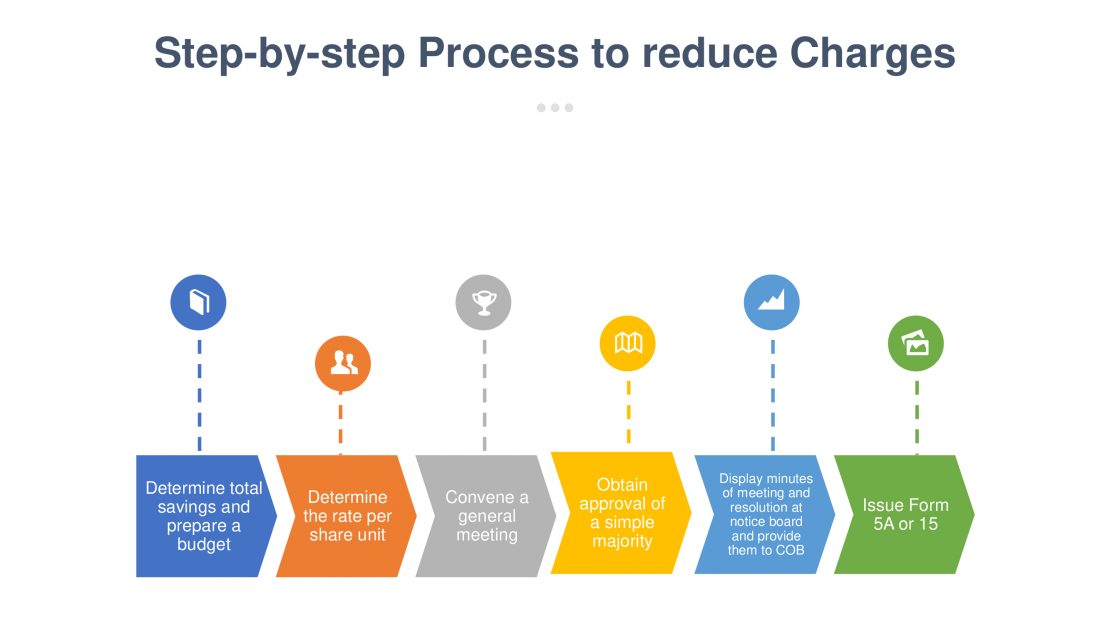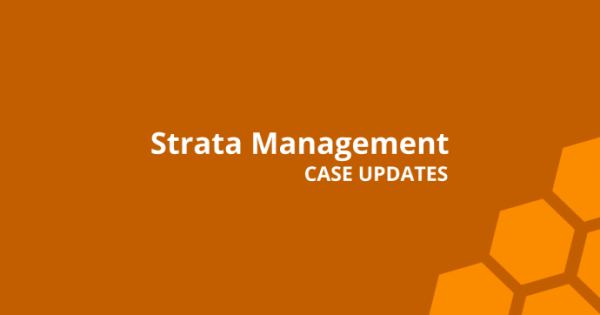Much has been said about the extended MCO period and the deferment of loan for a 6 month period. Many then asked whether the Charges and contribution to sinking funds can similarly be waived?
A waiver of charges and contribution to sinking funds for a 3-6 month period or more may mean alot to the parcel owners at large.
Firstly, to know whether a JMB / MC can reduce charges, we must understand what are charges. “Charges” is defined in Section 2 of the SMA 2013 as “any money collected to be deposited into the maintenance account”.
“Maintenance Account” is then explained to be an account “to be used solely for the purpose of meeting the actual or expected general or regular expenditure necessary“
That means that the charges payable into a maintenance account is not to be excessive but to reflect the actual or expected expenditure.
In that regard, if there are savings to be made during the MCO period (when most of the common facilities are closed and/or services suspended), then savings may be translated in a reduction of charges and sinking funds. On the contrary, if there is no savings made (if a stratified development area suffers a loss of income from car park operations or hall rental), then a reduction may not be feasible.
Can a JMB/ MC waive charges and contribution to sinking funds?
Looking at the latest Court of Appeal case in Muhamad Nazri Muhamad v JMB Menara Rajawali & Anor [2019] 10 CLJ 547, the Court of Appeal ruled that the JMB’s powers are confined to only those expressly provided by the SMA. The grounds of judgment reproduced in verbatim below:
” As a creature of statute, the powers of the JMB are limited and circumsribed by the SMA which regulates it, and extend no further than is expressly stated, or is necessarily and properly required for carrying into effect the purposes of its establishment, or may be fairly regarded as incident to, or consequential upon, those things which the Legislature ha authorised. What the SMA does not expressly or impliedly authorised was to be taken to be prohibited.”
That means, the extent of powers given to JMB / MC is limited to those expressly provided by the SMA 2013.
If we go through the Strata Management Act 2013, there is no express power granted to waive by the Act and in that circumstance, the JMB / MC does not have the power to grant a waiver to charges and contribution to sinking funds.
In the same vein, since there is no power given by SMA 2013 to waive late payment interest (“LPI”) or to provide a discount, a JMB / MC cannot in law waive LPI or grant a discount to parcel owners / proprietors.
What are the other available options?
If the objective is to relieve the burden of parcel owners / proprietors to pay the usual charges on a monthly basis, the closest powers a JMB and MC has is to:
(a) reduce charges and contribution to the sinking funds; or
(b) enter into an installment payment scheme with a defaulter to extend time for payment of charges (existing by-laws, Paragraph 6(6), Third Schedule, Strata Management (Maintenance and Management) Regulations 2015)
In other words, if a JMB / MC wishes to provide a reprieve to the usual charges, they can reduce charges by taking the steps below:
- determine the total savings achieved during the MCO period;
- factor those savings into the budget for a year that sufficiently sets out the expected and estimated expenditure; (eg: RM360,000.00);
- divide the total estimated expenditure over the total allocated share units or share units; (RM360,000.00 / 40,200 (allocated share units))
- identify the rate per share unit (RM8.96 per share unit);
- prepare a notice of meeting to convene an AGM/EGM (of which the date of AGM/ EGM must be after MCO period);
- draft a proper resolution to reflect the reduction of charges;
- draft a proper resolution to reflect the reduction of contribution of sinking funds (even if it remains as 10% of charges);
- convene a general meeting;
- obtain a ordinary resolution (51% of valid votes cast at the general meeting whether by show of hands or by poll);
- record the resolution;
- display the minutes of meeting and the minutes of resolution on the notice board within 21 days after the general meeting;
- forward the minutes of meeting and minutes of resolution to the Commissioner of Buildings within 28 days after the general meeting;
- Issue Form 5A or Form 15 to all purchaser owners / proprietors within 28 days after the general meeting.


